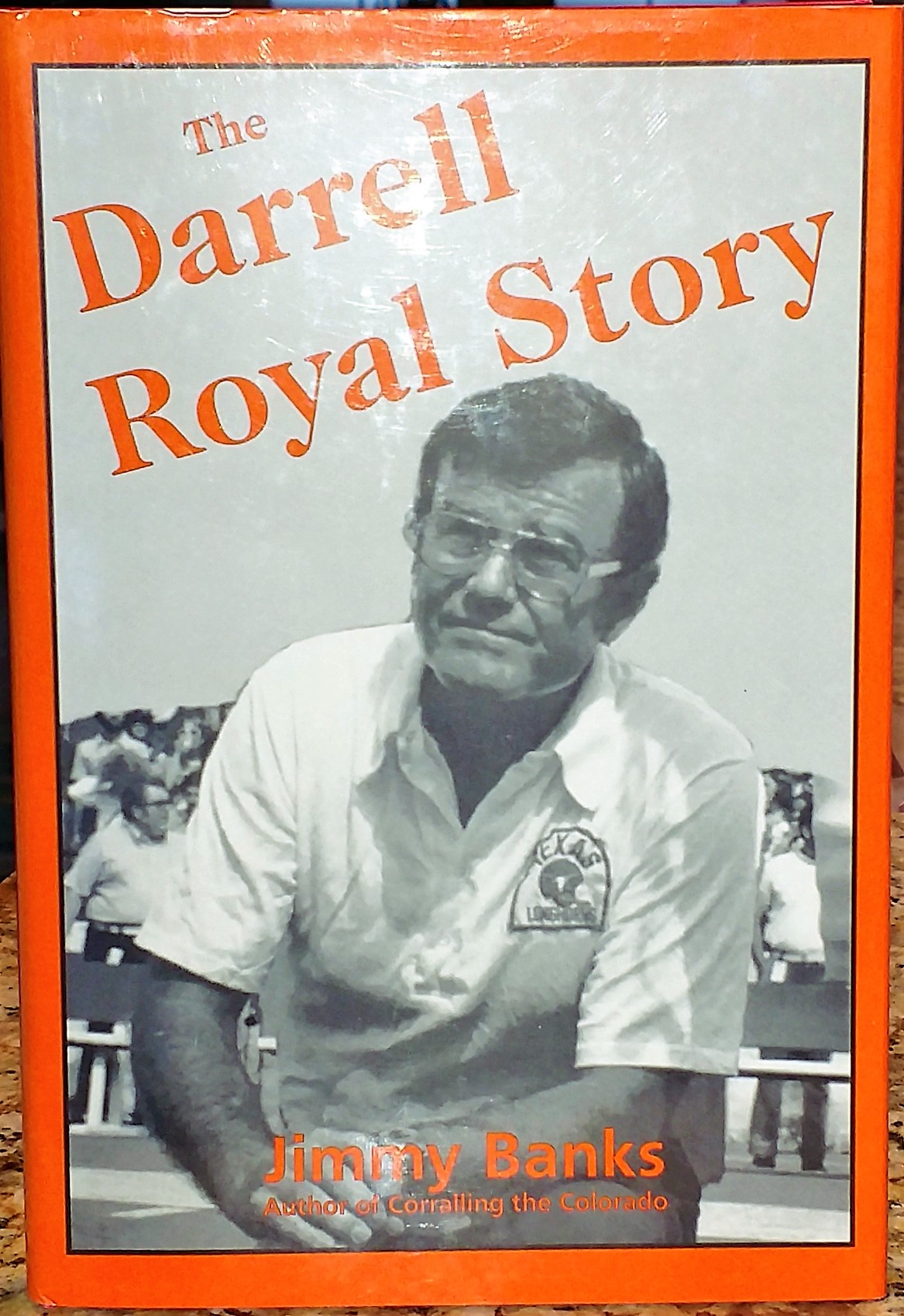1976- DKR’s last year by Steve Ross
Doug English said in the book "Darrell Royal Dance With Who Brung Ya" "Suddenly, Darrell looks up and a game that he's worked his whole life in -a game of who works the hardest and prepares the best wins- has become a game where the ones who cheat the best, the ones who spy the best, who lie the best are all gaining ground." Royal was " not going to listen to an 18-year-old kid tell him that that he's got to buy him a new pickup truck to come to the University of Texas".
Royal says that 1976 was a perfect year to leave the profession. He said, " I always wanted to leave somebody's house when they wanted me to stay a little longer. It's a good idea to leave a little ham on the bone."
Royal always said that when he retired, winning the last game would have extra meaning. No one wants to go out a loser. He got his wish when Texas beat Arkansas, the final game of the year in 1976. Tony Constanzo said after the game, he knew he was living a "snapshot in history."
Only Clayborn and Erxleben make the All SWC team, and both are honored as All-Americans.
STEVE ROSS REMEMBERS
I was a "still wet behind the ears" sportscaster at KVUE that year. In many ways, it was the strangest and most impactful season I can remember. Darrell left hints along the way that year as to what he was thinking about.
I remember an early-season conversation we had at practice. Darrell came over before it started and asked if we needed to talk to him. I told him no that we just needed a couple of players.
He then asked me a couple of questions about my job. Now He was more than knowledgeable about how local TV worked, but his questions were interesting.
How do you handle it when something goes wrong while you are on the air. What if the video doesn't work, etc. I said you make it up as you go, and try to keep a calm attitude.
We talked about the long hours. He brought up that we obviously worked until 11:00 pm, but the TV guys would also be on his Monday at 9:00 am press conferences. I answered that the hours were long, but I loved the fact that my job was covering something different every day, and if I did make a mistake on the 6:00 news, I didn't have to wait long to do a better job at 10:00.
He paused and said, "Loving what you is important. I'm not sure if I am coaching to win or not to lose."
He walked away, but even a young reporter could tell that he was examining where he was and how long he wanted to continue.

